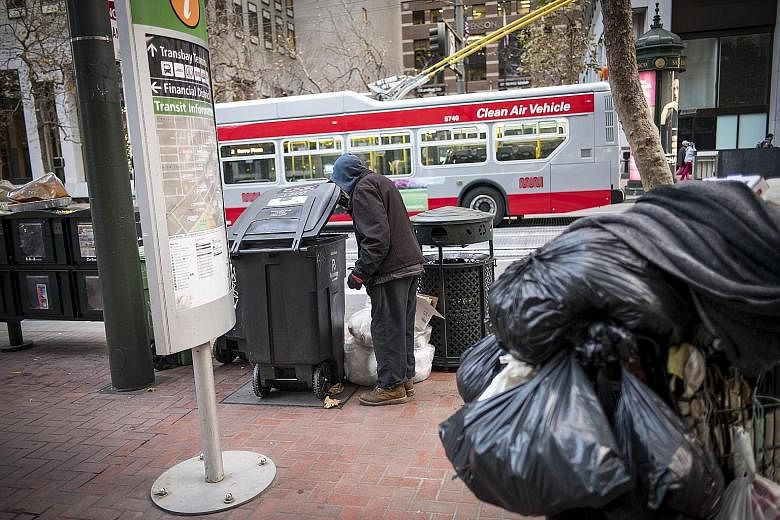The shipment of waste to Asia from the United States has been making economic sense for years because of some fundamental realities - ready supply, ready cargo space, and other economic factors make it cheaper to ship it to Asia than recycle it in the US.
Waste is the by-product of consumption; the better a consumer-based economy does, the more waste it generates because consumers have more money to buy more stuff - and more gets thrown away.
Already a subscriber? Log in
Read the full story and more at $9.90/month
Get exclusive reports and insights with more than 500 subscriber-only articles every month
ST One Digital
$9.90/month
No contract
ST app access on 1 mobile device
Unlock these benefits
All subscriber-only content on ST app and straitstimes.com
Easy access any time via ST app on 1 mobile device
E-paper with 2-week archive so you won't miss out on content that matters to you


